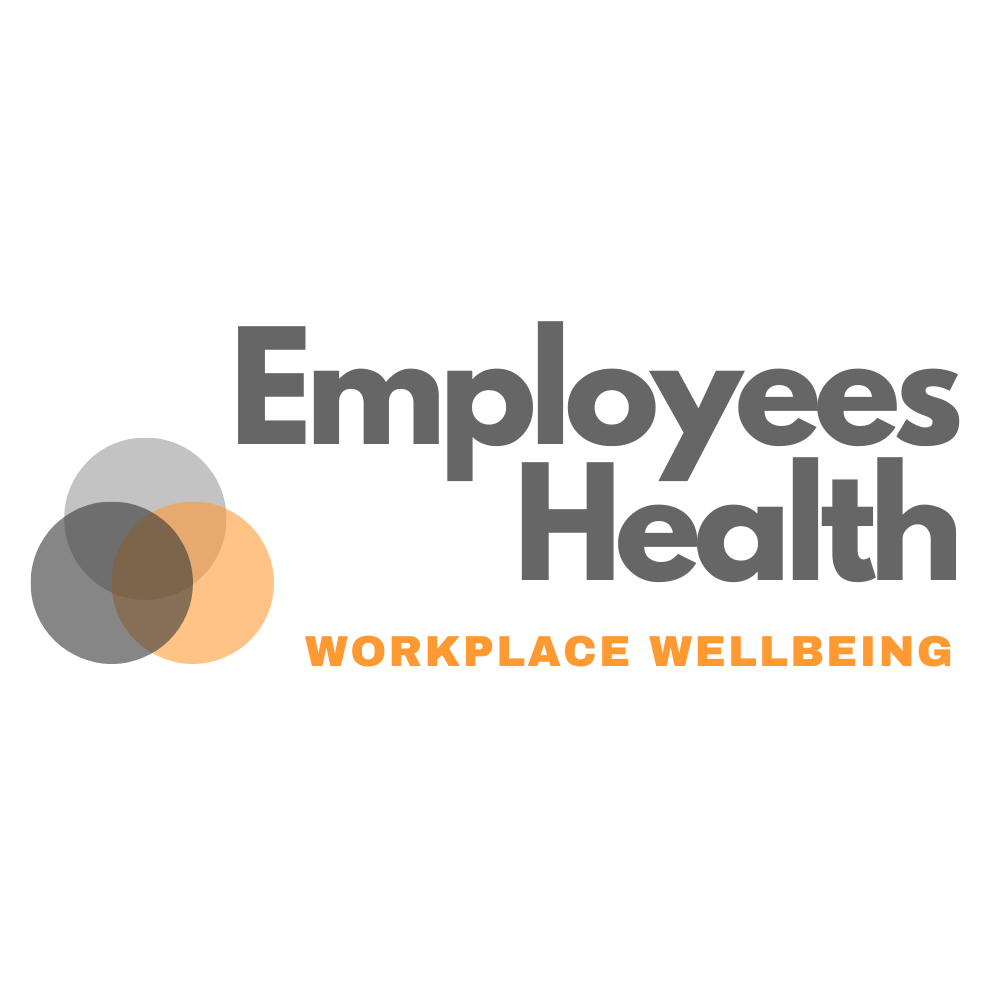
It may seem like a long time ago that you last put on formal wear, or at least a whole outfit of formal wear, and stepped into the office. Most people have been donning a smart on top and casual on the bottom look to join a zoom meeting for over a year and the thought of getting back to the office may be a daunting one. Although some socialites and some companies have managed to keep team camaraderie and regular meetings going, others have fallen victim to letting social interaction between friends and colleagues slip. Some people may not have seen their employees or colleagues for a year and some new starters to a company may be in a position that they have been working remotely with people for months but have never met them. This lack of communication and mixing between colleagues and friends can put a huge strain on an individual’s wellbeing, mood, and happiness.
How has the last year of being banned from the office affected our relationships at work?
When we spend time around the office or any co-working space for that matter, there are multiple times throughout the day that we may run into a colleague and have a chat about weekend plans, difficulties we may be facing or a big project we are working on. We use these times to infuse fun, laughter, joking and enjoyment into our day. There are many people that took these chance meetings for granted and it is not something we realised was so important until we were forced into working from home.
The informal chats and social interactions that are had around the workplace increase what is known as our social capital – the benefits that individuals get simply because of who they know. The age old saying of “it is not what you know but who you know”. It is also what provides us with enjoyment and a sense of happiness which is key to maintaining health and wellbeing.
Social capital by going above and beyond, offering help and support or simply by displaying kindness towards others. This can be as simple as smiling at someone when you pass them, it is these little gestures that will lift someone’s mood, increase happiness, and make people feel more comfortable about returning to work.
It then goes without saying that working from home significantly decreases, if not completely removes the chances of building our social capital. It has reduced employee’s opportunities to interact socially with their colleagues which in turn affects their happiness.
This is an issue, not just for employees but also for companies. It is these moments of social interaction that can spark new thoughts, it keeps information flowing and helps knowledge throughout the workplace. The five minutes before a meeting starts when all the staff are having a catch up is not a waste of time and is not something that should be discouraged, it is a time that can spur new ideas and energise peoples’ thoughts. In fact, for some people this social interaction is the biggest reason they get up and go to work every day.
Lockdown has made more people feel isolated and less connected to their work mates. Even though there has been a general increase in meetings over the past year, most people can feel uneasy about speaking up when having a team meeting online, there has certainly been a decrease in general ‘chit-chat’ between colleagues.
In a study carried out by Microsoft it was reported numerous times that people feel more disconnected after a year of lockdown. They also saw a general trend using Microsoft teams that peoples’ networks have shrunk considerably.
What difference does this make moving forward?
Strong workplace relationships and general interaction around the office matters for a lot of reasons, the two most critical for the organisation is productivity and innovation. For the individual, the issues lie in people feeling isolated, having difficulties with getting excited about work and feeling less happy.
Well-being for employees is important now more than ever. On returning to work it is important for companies and individuals alike to show understanding, display kindness, encourage and empathise with people who may be feeling nervous to return.
What can you do to help others?
Make time for social capital to return as a normality – the more managers can find ways to decrease workload and provide opportunities for employees to interact socially the more individuals will feel comfortable about returning to work and in turn their productivity and innovation will increase.
Encourage and reward social support – leaders should demonstrate that helping others in a social situation as a positive. Reward individuals with bonuses or other incentives for helping others manage their challenges, build their networks, and relieve their stress.
Make meetings inclusive and social – it is going to take a good amount of planning and preparation by managers to organise meetings which provide a time for employees to interact in a social capacity, achieve the work goal for the meeting and ensure that everyone involved has an equal opportunity to voice their thoughts.
In conclusion, companies should encourage a culture of kindness and fun and should understand that chatting, joking and being nice to each other is just as important as the daily tasks.
To find out more about how we can help you and your employees get in touch with us here.
